Do you like gardening and caring for your plants and flowers? Then this idea book is for you. What could be more de-stressing than spending a Sunday afternoon cleaning the flower beds, taking care of the flowers, or even, for those who have a green thumb, the vegetable garden?
Getting back in touch with the earth, smelling the good odor of humus, and working alone or with others to enjoy together moments of conviviality outside all these factors motivate you to cultivate your garden. But don’t forget that taking care of the garden in winter means preparing to enjoy it in spring and summer! So, without further ado, let’s dive into this blog and learn everything you need to know about taking care of your garden during winter.
To garden well, you need the right equipment!
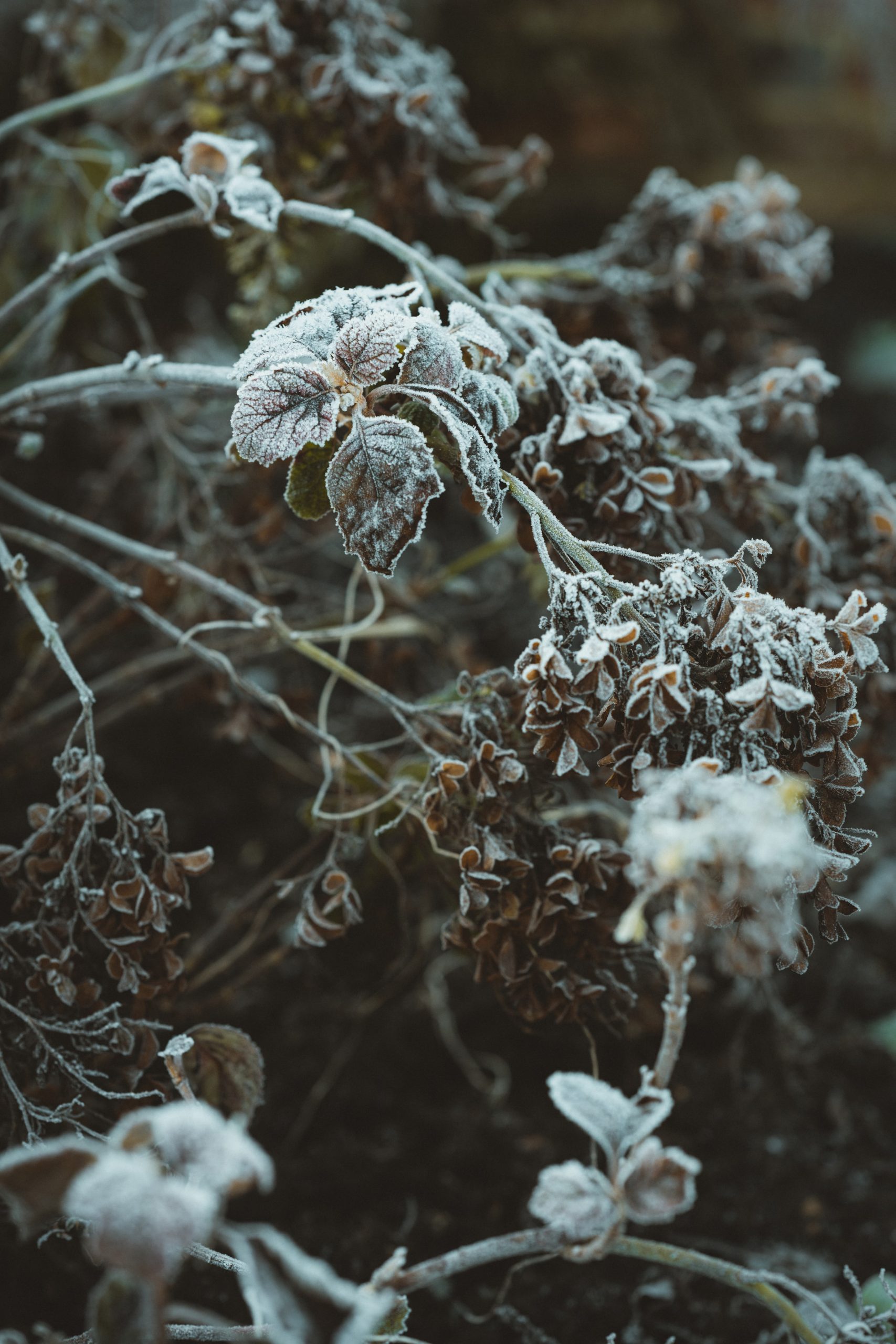
The essential tools for the gardener to maintain his green space during the cold season are the following:
-
- Pruning shears for pruning plants
-
- A rake or a leaf blower
-
- A scarifier to aerate your lawn
-
- A compost to prepare fertilizer for the next planting
-
- A spade
-
- A winter cover
1. Protect plants against frost
Protecting your plants is a must in winter, especially in regions that do not enjoy a mild climate. The species most sensitive to the cold are those that prefer the Mediterranean climate, such as the olive tree, phormium, oleander, etc. We advise not to wait for the first frosts to act: as soon as the ambient temperature drops below 10°C, we can start protecting fragile species.
Several strategies exist for the protection of the upper parts of the plant, using a winter veil or even bubble wrap, advises the Truffaut garden center; protection of the root system by mulching, an ideal technique for palms, whose trunks must not freeze; finally, certain potted species deserve to be put under a greenhouse or even placed indoors, such as Dipladenia.
2. Enriching the soil for spring
During winter, the soil does not have the opportunity to recharge its batteries. You can give it a boost by providing it with sources of organic matter: homemade compost, vermicompost, manure, mulch, topsoil, etc. During the winter, the work of auxiliaries, such as worms, will allow the incorporation of this new amendment into the soil. You will thus obtain, in spring, a rich substratum that will allow your plants to grow without problems.
3. Planting certain plants
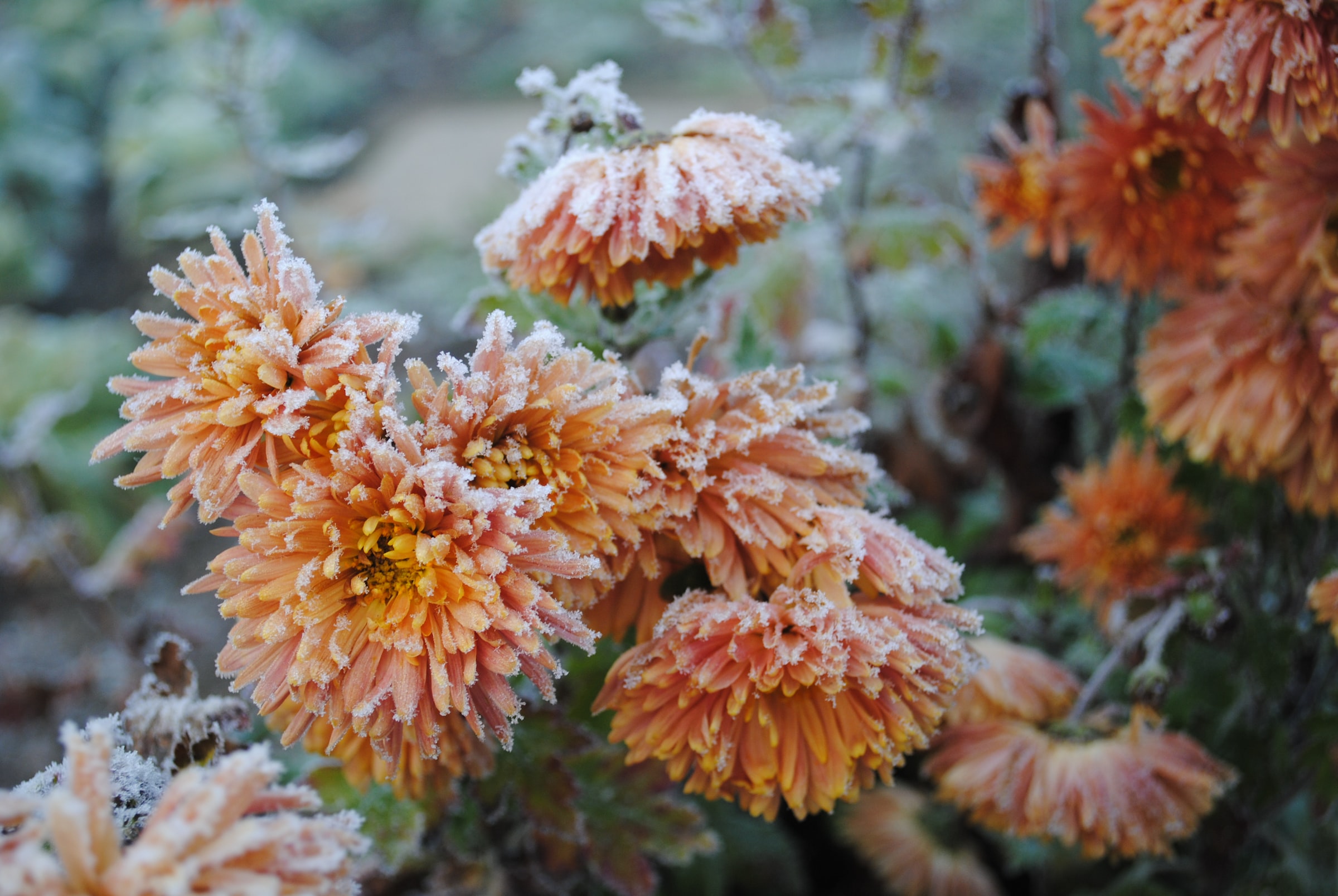
Winter, a dead period for planting plants? Generally speaking, you can’t plant anything, especially when the ground freezes, because the roots won’t take and the plant risks perishing. However, the beginning of the cold season is still the ideal time to plant certain species, which will take advantage of the winter’s vegetative rest to spread their roots: apple trees, pear trees, raspberry trees, rose bushes, rhododendrons, trees and shrubs in general, especially conifers, or even certain spring-flowering bulbs.
4. Prune certain plants
Before winter spreads its icy cloak, there is still time to prepare your plants to face the cold period. This is the time to prune plants that need it, such as pome fruit trees, always cutting above an outward-facing bud. Pruning a plant is not trivial: some species prefer to be pruned before winter, such as apple trees, and others, just after the frost, such as plum trees.
Ask a specialist who will advise you according to the species present in your garden. Pruning will condition the shape of the plant, but it can also influence next year’s harvest for certain species. Pruning hedges before frost also helps limit plant growth.
5. Mow the lawn and rake the leaves
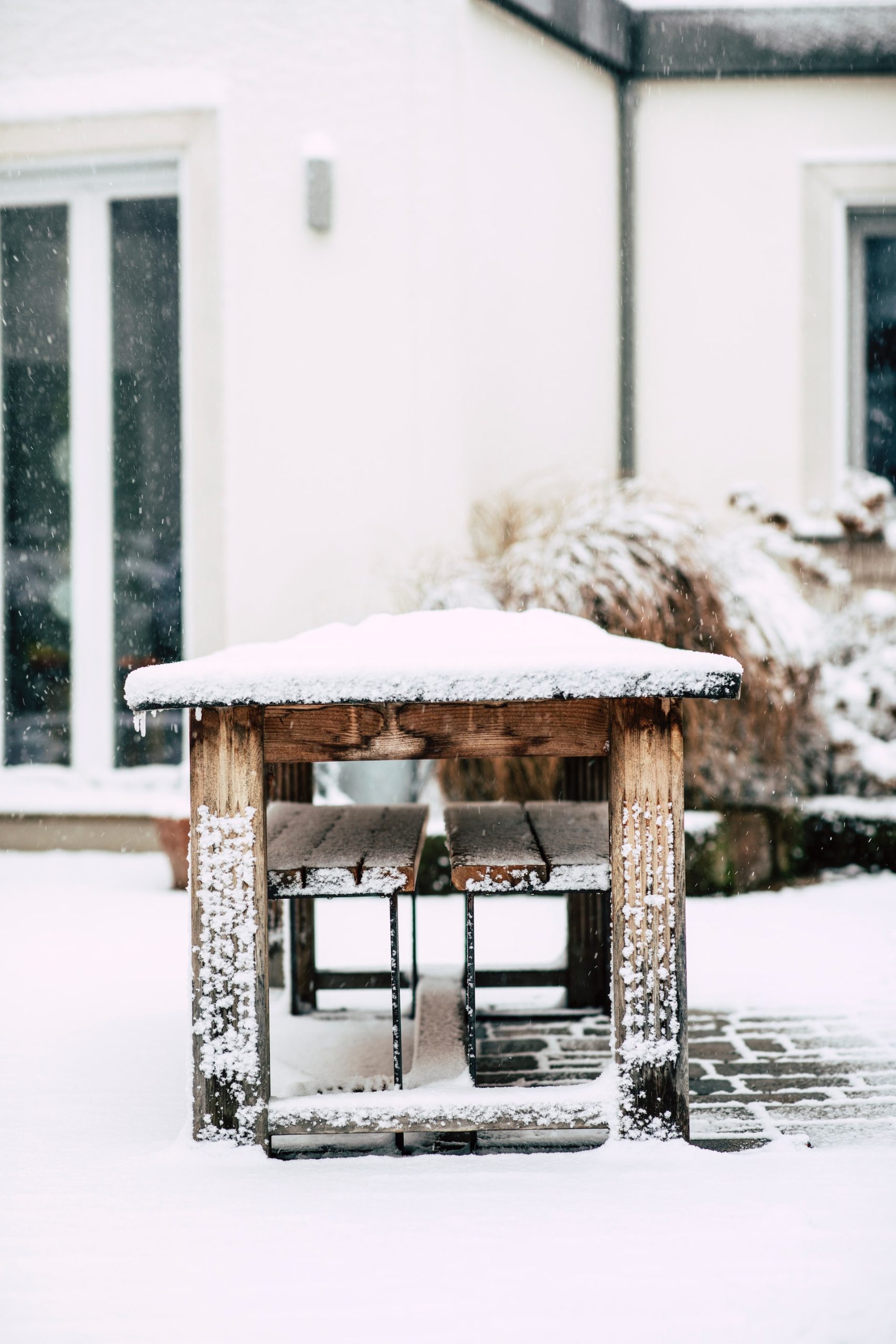
If you did not seed your lawn in October or November, it is no longer time to seed in the winter because the root system will not be able to establish itself. However, you can mow your lawn one last time before giving it a ‘rest’, depending on the aesthetic characteristics you wish to give your garden.
The leaves that continue to fall in late fall and early winter can be an excellent source of organic matter for your garden. It is, therefore, not essential to collect them, except for aesthetic reasons, or to add them to your homemade compost. Be careful, however, not to leave the leaves of certain trees, which can be toxic for the surrounding species, such as walnut leaves.
Sound off in the comments section below, and tell us what you want to read next and if you want to read more about taking care of your garden in winter.

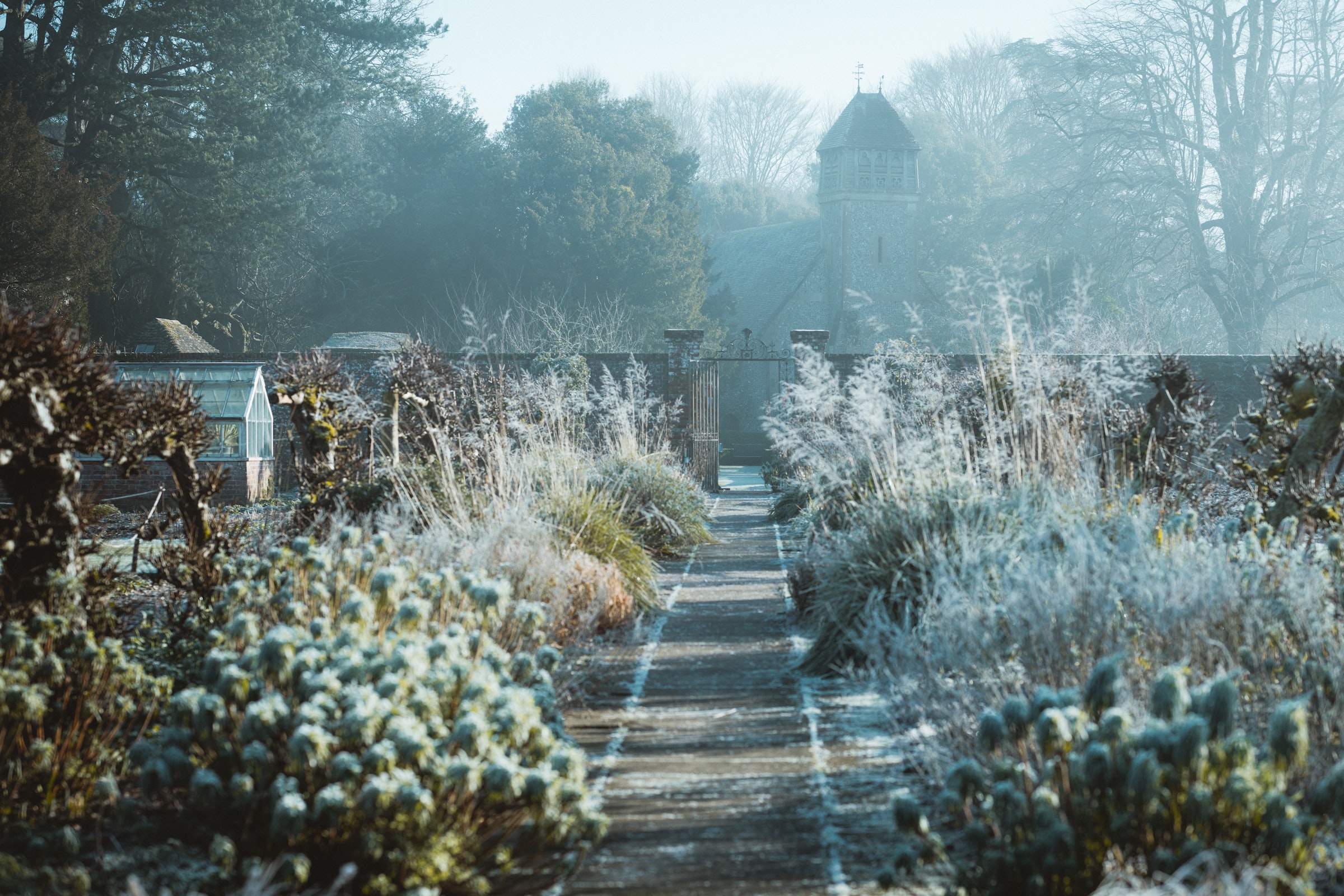
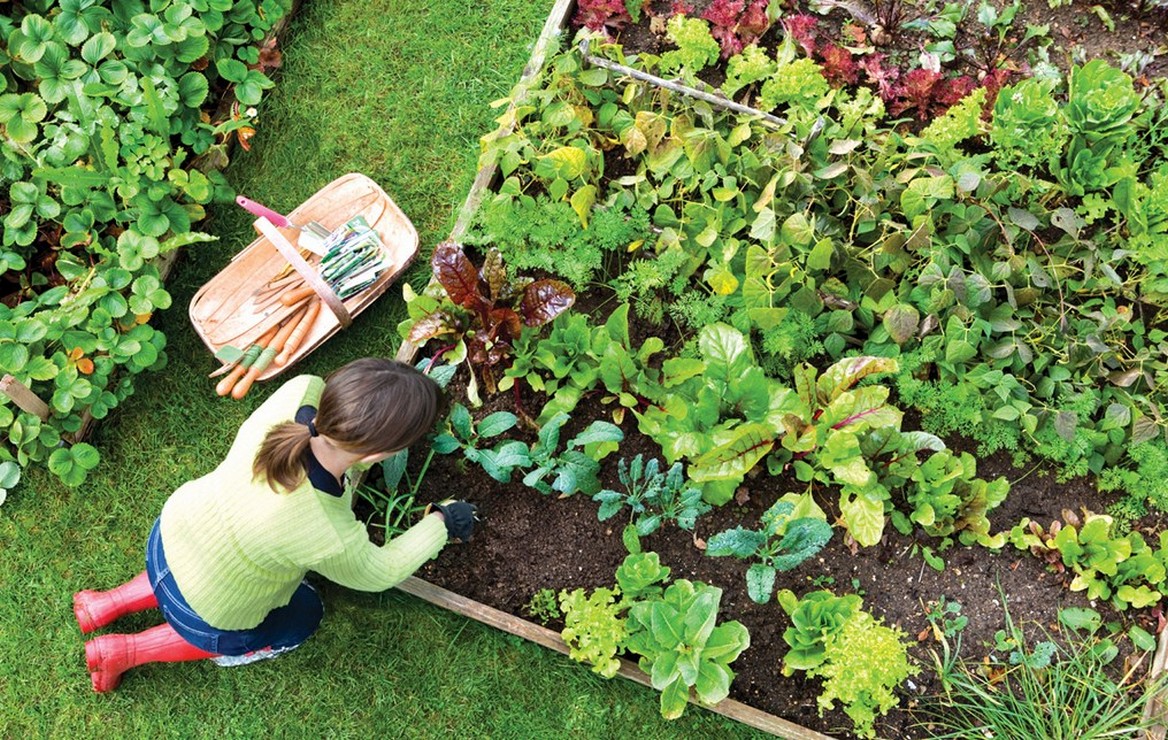
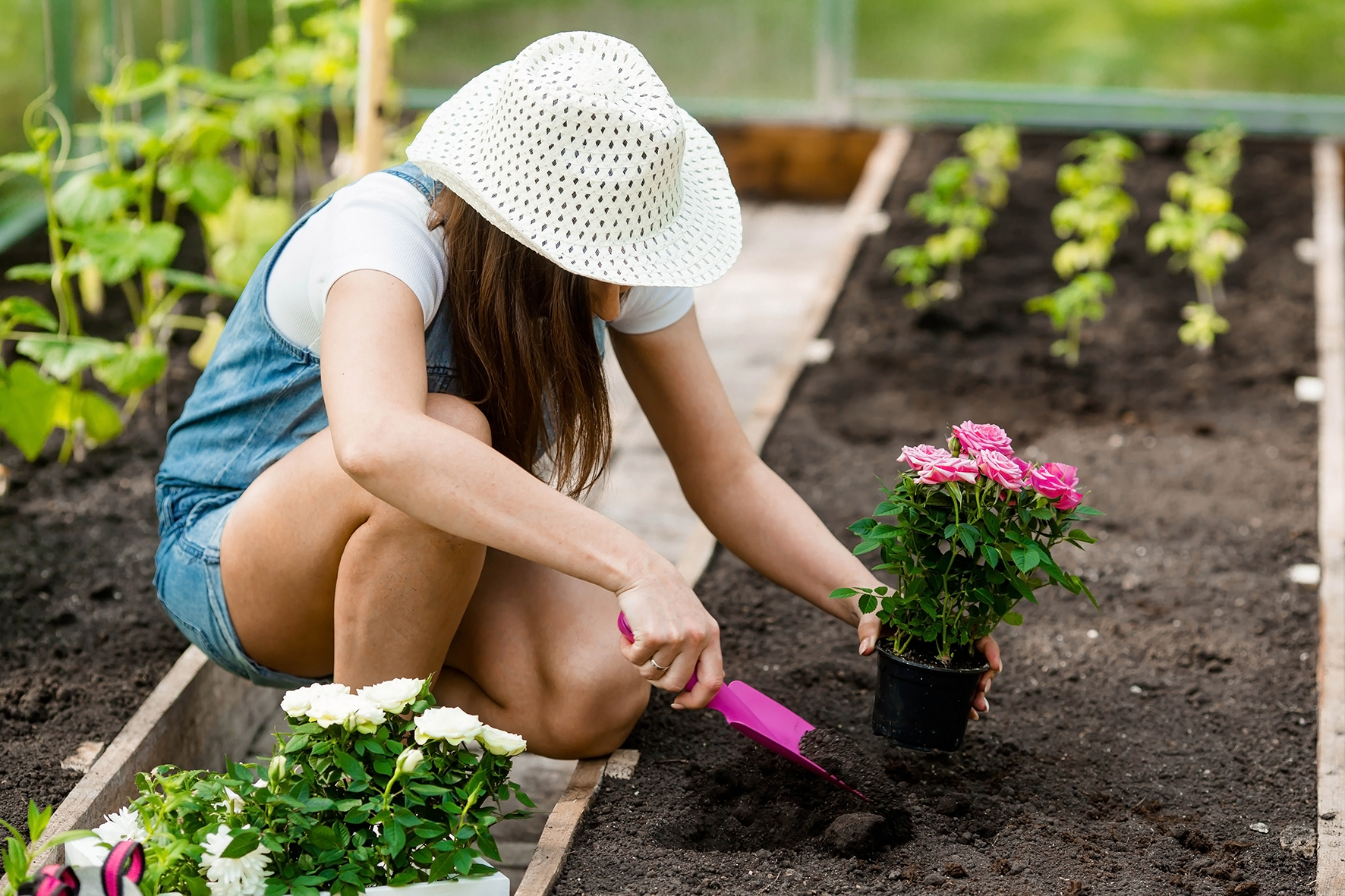
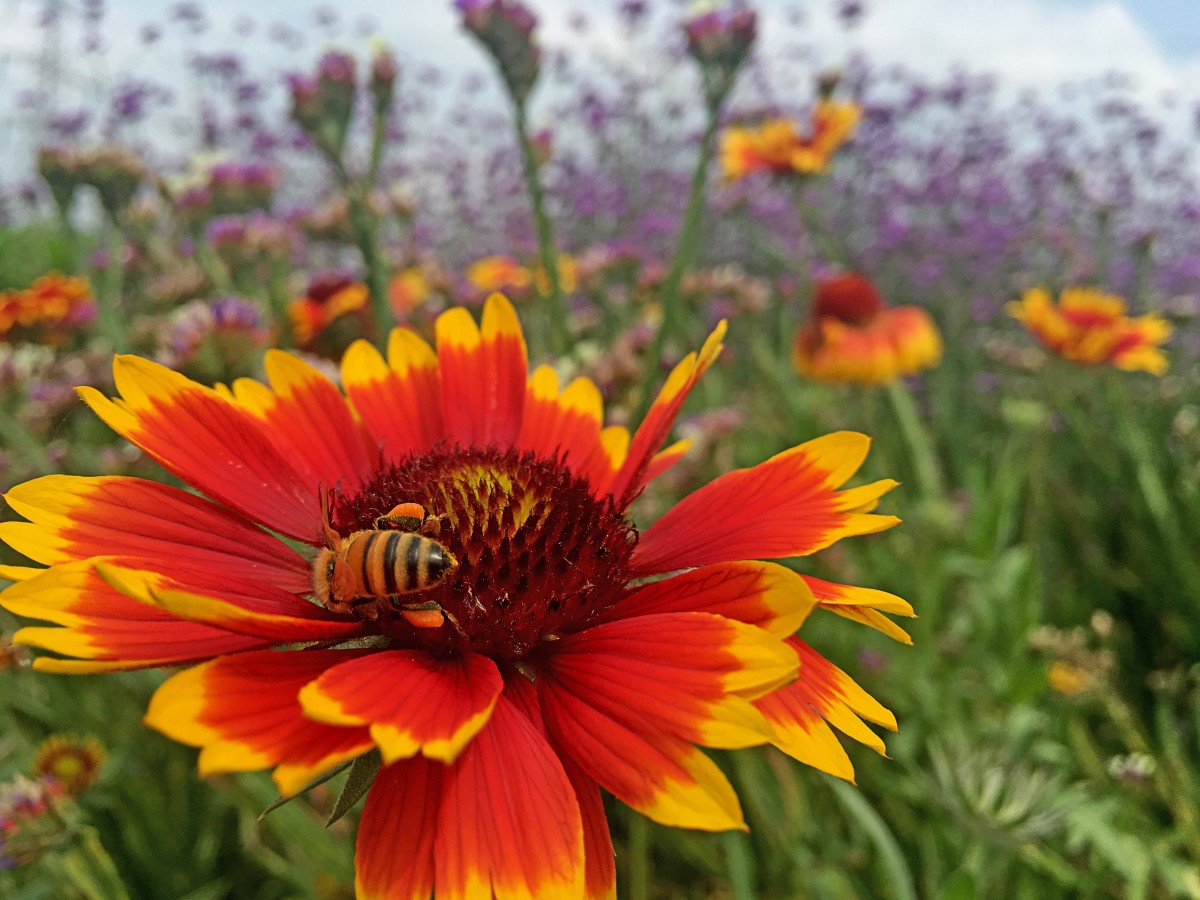
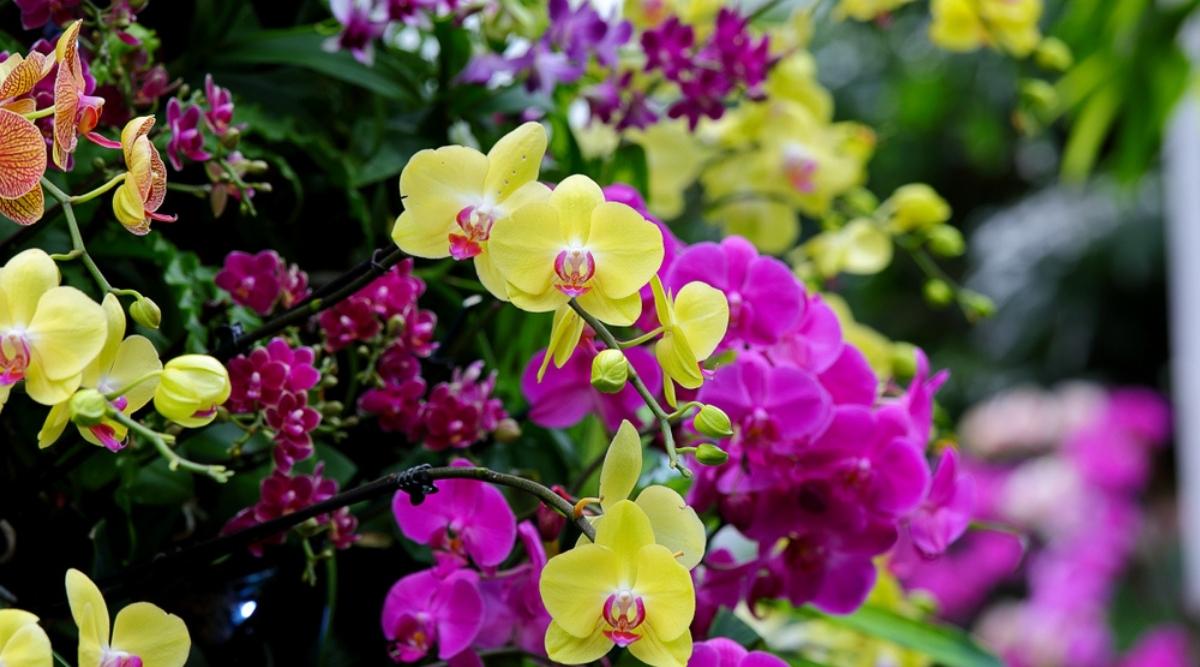
1 Comment
[…] gum? The answer is peppermint! Of course, you can grow the aromatic peppermint plants in your garden! Its family name is Mentha X Piperita. Studies have shown that peppermint has a strong medicinal […]